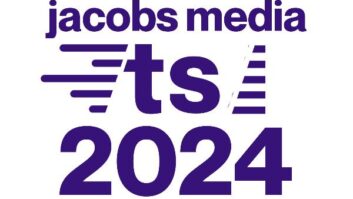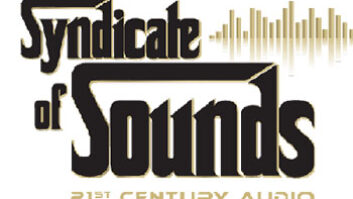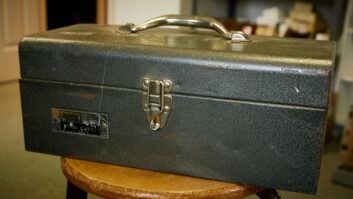Broadcasters don’t want to pay more than they have to for content, so it’s understandable that NAB has been pushing hard against what it calls a “performance tax,” mandated compensation for recording artists when songs are played over the air.
The strategy is worth pursuing to NAB because our industry has been built in part on certain assumptions that labels and artists now wish to overthrow. But the association has chosen poor tactics to reach its goals.
Rhetoric on both sides has been heated, sometimes ridiculous; yet the arguments put forward by broadcasters have made me distinctly uneasy because they seem to boil down to this: “We radio stations shouldn’t have to pay you performers because you benefit when we play your songs.”
Excuse me, but shouldn’t it be left to the creator of given content to decide whether he or she wants such a benefit, and to determine under what conditions other commercial entities profit from it?
If I took a recording of Rush Limbaugh off my local radio station and began using it to create a profitable business of my own, both the local station and the national syndicator would be none too pleased; and they’d probably sue me.
I could reply that Rush is an entertainer; that I know better than he does what’s good for him; that my exposure of his program to new markets only benefits him; and anyway he makes lots of money already. So why should he be upset?
In truth, though, Rush and the station would be right to go after me. It’s their creative work in question, not mine.
This is not a precise analogy because the supply relationship among radio, recording artists and labels is a long one with plenty of precedent, copyright law history and broadcaster lobbying power complicating the fairness question.
And performers are not blameless. For example it’s disingenuous of them, after decades of benefiting from our airwaves, to go to Capitol Hill and portray radio as their profit-hungry, faceless corporate ravisher. Artists and labels are talking out of both sides of their mouths about whether radio helps or hurts them; at one point a few months ago, we were even asked to accept the premise that radio airplay hurts sales. Please.
Name-calling
So we’re now in a situation where two industries that need each other badly are reduced to vicious name-calling. This seems to me a failure of leadership on both sides.
(NAB in December: “After decades of Ebenezer Scrooge-like exploitation of countless artists, RIAA and the foreign-owned record labels are singing a new holiday jingle to offset their failing business model.”
The MusicFIRST Coalition, parodying a Christmas poem the next day: “Performers like these bring music to life, yet still NAB continues this strife. ‘We promote the artists,’ they continually say, as they cash their large checks at the end of the day.”)
On basic fairness, the artists seem to have the stronger case. Further, thanks to the tenor of the debate, we now have yet another instance of a national discussion in which the radio business ends up looking like the bad guy. That’s saying a lot, given RIAA’s heavy-handed reputation.
Consultant/strategist Mark Ramsey raised a related point in his blog: “The entirely correct argument that ‘radio sells the music industry’s product without charging it for the valuable airtime’ involves faceless corporate behemoths on both sides. But the argument that ‘radio steals from recording artists and makes a boatload of money’ involves individuals — human beings — on one side, and a faceless corporate behemoth on the other. And sympathies among people will always be for people first.”
Ramsey said he hopes NAB and our industry’s boosters are smart in the way they handle this whole royalty question, but he isn’t optimistic. I have similar worries; and I really do regret the tone of the debate. Suggesting that successful musical acts would still be “back in the garage” without radio is demeaning.
I understand this is all about negotiating position. I support broadcasters who aim to keep costs reasonable and I am glad NAB is vigorous in the campaigns it does choose to fight. However, I think broadcasters are pursuing the wrong tactics in this one and this has helped turned a natural ally into an enemy.
Over the years, the music/radio relationship has been one of mostly mutual benefit. I find both sides guilty of failing to nurture a healthy sibling bond. They need to quit beefing and get talking.
Further, any compromise or legislation that results from all this yap should acknowledge that artists have a reasonable interest in determining how their creative work is used and distributed.
Or to be more pragmatic about it: Radio should recognize that it eventually will lose this fight and work now to restore a profitable amity with performers rather than damaging that relationship further.












